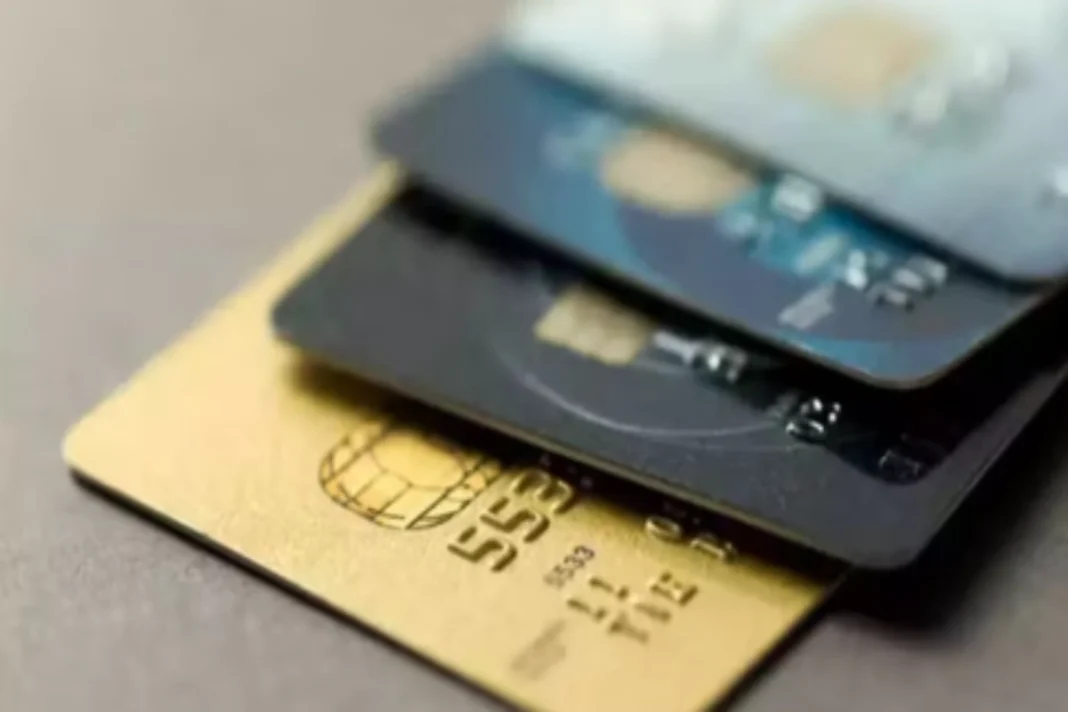As of May 1, Yes Bank and IDFC First Bank have introduced a new surcharge on utility transactions within a statement cycle. This change affects various essential services such as telecommunications, electricity, gas, water, internet, and cable services.
Understanding the Surcharge Implementation
Yes Bank will now impose a surcharge of 1 percent plus GST when the total utility bill payments made with a credit card exceed Rs 15,000 in a statement cycle. However, this surcharge is exempt for Yes Bank’s Private credit card holders. On the other hand, IDFC First Bank will apply a similar surcharge, but only when the aggregate of utility bill payments made with a credit card crosses Rs 20,000. Similar to Yes Bank, IDFC First Bank has exemptions for certain credit card types, such as FIRST Private Credit Card, LIC Classic Credit Card, and LIC Select Credit Card.
Impact on Customers
If the total utility bill transactions amount to Rs 15,000 or less for Yes Bank or Rs 20,000 or less for IDFC First Bank in a statement cycle, no surcharge will be applied. However, exceeding these thresholds will result in a 1 percent surcharge plus 18 percent GST on the excess amount. For example, if a customer spends Rs 40,000 on utility bills with an IDFC First Bank credit card, they will incur a fee of Rs 400 (1 percent of the excess amount) plus GST.
Rationale Behind the Surcharge
Credit card issuers have been noticing misuse in the utility spending category, where personal credit cards are used for business spends, thus earning rewards on them. In response, banks are introducing surcharges to deter this misuse. Additionally, utility transactions are considered low-margin business for banks, meaning they operate on thin profit margins relative to their revenues in this segment. This further incentivizes banks to introduce such surcharges.


